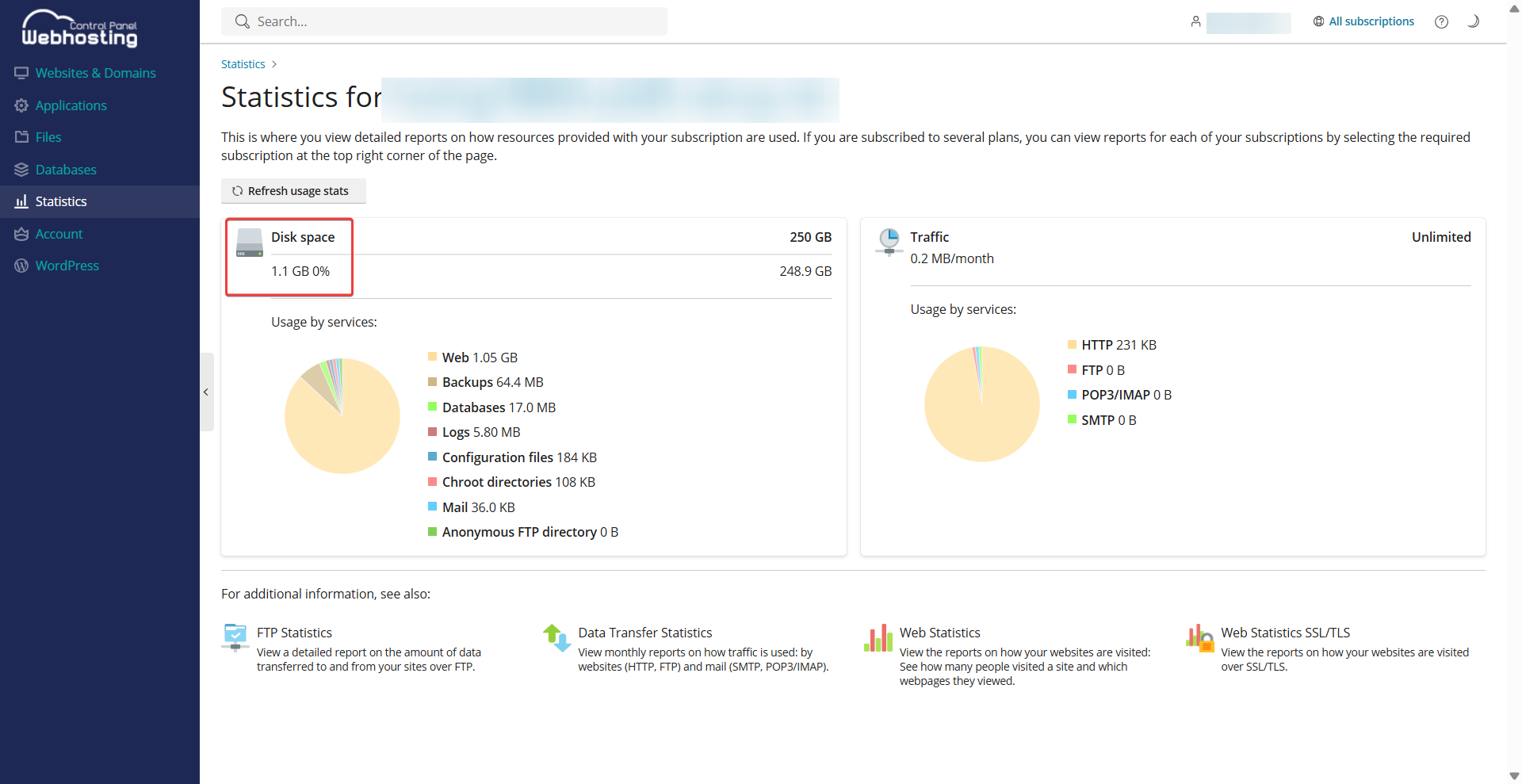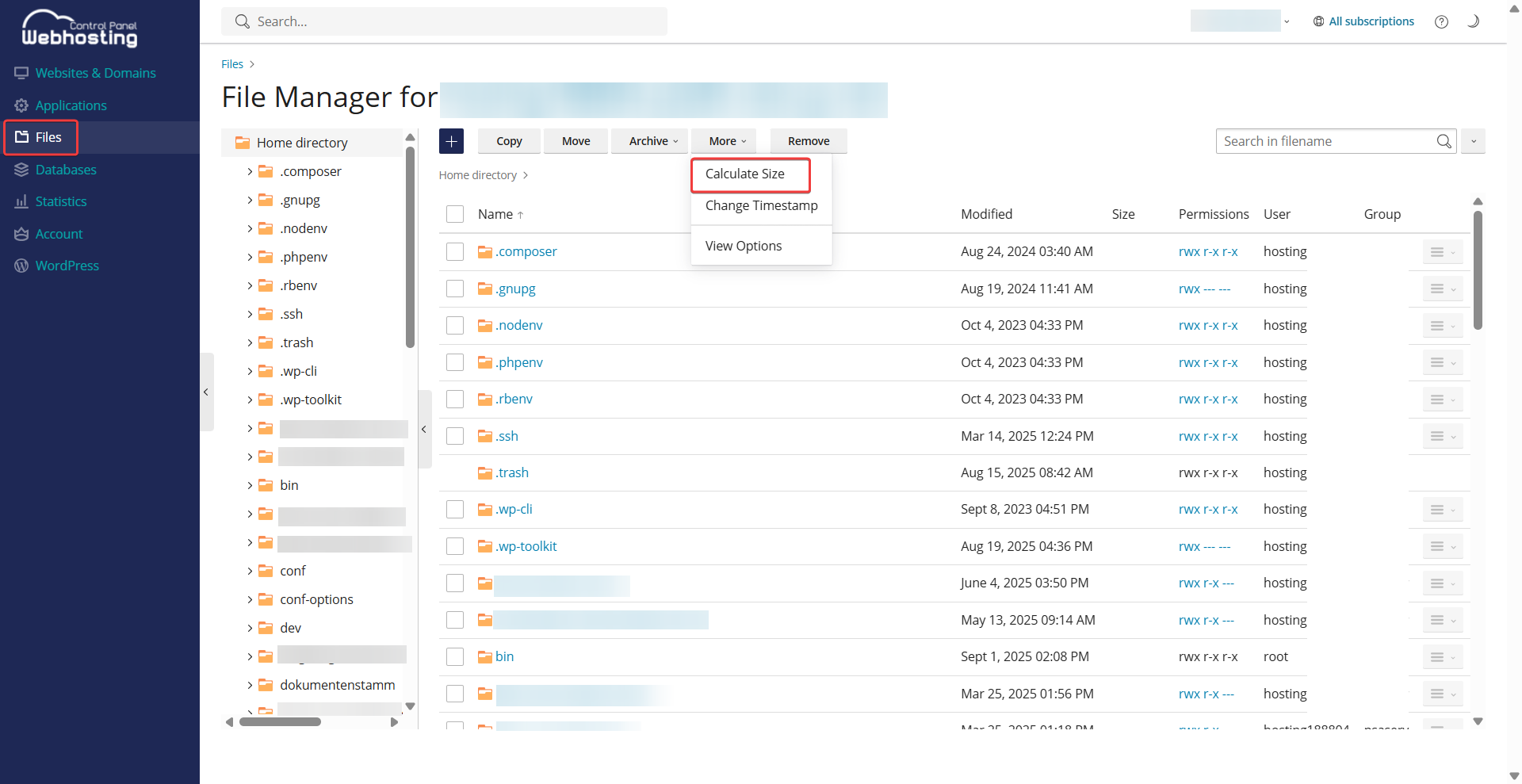netcup wiki
Webhosting

Quota Suspension
What Does a Quota Suspension Mean in Web Hosting?
A quota is the maximum amount of storage space included in your web hosting plan. If you use more storage than is included in your plan, this is called a quota overage.
Even if you use up all of your available storage space, uploads will not stop immediately. The system will temporarily allow further uploads until the overage is detected, at which point the web hosting will be automatically blocked. This protects files and applications from damage.
How Will I Be Informed About a Quota Suspension?
Our system will notify you via email about your storage space usage:
- You will receive a warning via email when you have used 80% of your storage space.
- If you exceed the limit, your hosting will be temporarily blocked. You will also receive an abuse notice via email.
What Do I Need to Do to Remove the Suspension?
In order to resolve the abuse case and remove the quota suspension, you must first submit a statement in the Customer Control Panel (CCP) under Abuse Notices.
You can find more information here: Submit statement.
Only then can the responsible department process your case. Processing takes place Monday through Friday, from 10 a.m. to 6 p.m. (CET), except on public holidays. For emergencies outside of these hours, contact our 24/7 emergency support service at +49 721/75407555 (€40/15 minutes).
The department has a response time of 2 hours. If you submit your statement on Monday at 7 p.m., for example, you will receive a response by Tuesday at 12 p.m. at the latest.
You then have the following options:
- Free up storage space: Delete any unnecessary data from your web hosting until you are back below the quota limit.
- Upgrade your product: If you require more storage space on a permanent basis, you can upgrade to a higher plan.
How Can I Identify What Is Taking Up a Lot of Storage Space?
In the Webhosting Control Panel (WCP), you can see which files and applications are taking up your storage space under the menu item Statistics.
To get a more accurate picture, you can calculate the size of your folders under Files. To do so, select the relevant folders and click on More > Calculate size.
Frequently Asked Questions (FAQ)
Are individual scripts also suspended when a suspension is in place?
Scripts that are executed via scheduled tasks (cron jobs) continue to run despite the suspension.
Does an upgrade automatically remove the suspension?
No. If you upgrade your web hosting package, you will receive additional storage space, but the suspension will remain in place until you have submitted a statement (via CCP > Abuse Notices) and the responsible department manually removes the suspension.
My logs are getting too big. What should I do?
You can adjust the amount and size of the log files to be stored for each domain in the Webhosting Control Panel (WCP) under Logs > Log Rotation. However, we recommend checking the logs first to see if there are any errors that need to be fixed. If an error occurs frequently, it can lead to large log files.

